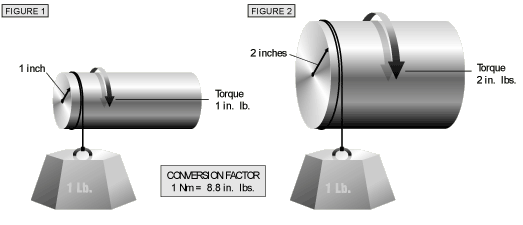- Battery Powered Systems
-
AC Powered Systems
-
Sonesse 50 Motors & Accessories
- Standard Motors - Rapid Limit Adjustment
- Standard Motors - Progressive Limit Adjustment
- Radio Motors - RTS
- Somfy Digital Network - SDN RS485 Motors
- Dry Contact Motors
- Motor Cable Options
- Crowns And Drives
- Idler End Caps
- Idler Brackets
- Motor Brackets
- Intermediate Brackets
- Angle Plates
- Roller Tube And Accessories
- Tools
- Miscellaneous
-
LT50 Motors & Accessories
- Standard Motors - Rapid Limit Adjustment
- Altus RTS Motors
- Orea RTS Motors
- LT50 CMO Motors
- RTS CMO Motors
- Sunea RTS CMO Motors
- Somfy Digital Network - SDN RS485 Motors
- Dry Contact Motors
- Motor Cable Options
- Crowns & Drives
- Idler End Caps
- Idler Brackets
- Motor Brackets
- Intermediate Brackets
- Angle Plates
- Roller Tube And Accessories
- Tools
- Miscellaneous
- Sonesse 40 Motors
- LS40 Motors & Accessories
- Altus 40 RTS Motors
- Sonesse ULTRA 50 Motors
- LT60 Motors & Accessories
- Electronic Controls
-
Sonesse 50 Motors & Accessories
- DC Powered Systems
- Home Automation
- Motorized Drapery
- Motorized Awnings
Motor Selection Guide

The Concept Of Torque
Whatever the application, be it a motorized blind, shade, drapery or awning, a specific torque (lifting capacity) will be required to motorize the operation. The speed at which the application will then operate depends on the designated speed (RPM) of the motor.
Therefore, the main criteria for motor selection is torque. The following selector charts are based on the torques each of the motors will produce for various applications under different parameters.
Torque is literally described as the "rotary force within a mechanism". More technically: the product of a force and its perpendicular distance from a point about which it causes rotation or torsion. Torque = Load x Radius
Example: A 1 pound weight hanging from a rope turning around a 1 inch radius roller tube tends to rotate the tube as indicated by the arrow. (see figure 1). This weight generates a torque equal to 1in. lb. By definition: if the same weight is hanging on a 2 inch radius, the torque applied to the tube is equivalent to 2 in. lbs. (see figure 2). Therefore, the torque generated by the same weight doubles when the tube radius doubles. There is a direct relation between torque and roller tube radius as shown in figures 1 & 2.

Theoretical Lifting Capacity
The theoretical lifting capacity is an indicator of the torque capability of the motor. However, the actual load values will differ depending on many factors including tube diameter, tube length, material, friction and type of accessories used. Under no circumstances shall the maximum load including all accessories (including the tube) in the system (between the 2 motor brackets) exceed the maximum load rating of system's individual components.
For all LS40 motors the theoretical lifting capacity is given on a 40 mm (1.57") tube. Length and tube deflection will determine its load capacity.
For all LT50 motors theoretical lifting capacity is given on a 2" tube. Length and tube's deflection will determine its load capacity.
For all LT60 motors theoretical lifting capacity is given on a 2.5" tube. Length and tube's deflection will determine its load capacity.
Please contact BlindShadeMotors with questions pertaining to maximum load requirements.
Applications
Click on the following links for recommendations for typical window covering applications.
Pleated, Cellular And Roman Shades
Horizontal
Blinds
Retractable
Awnings

